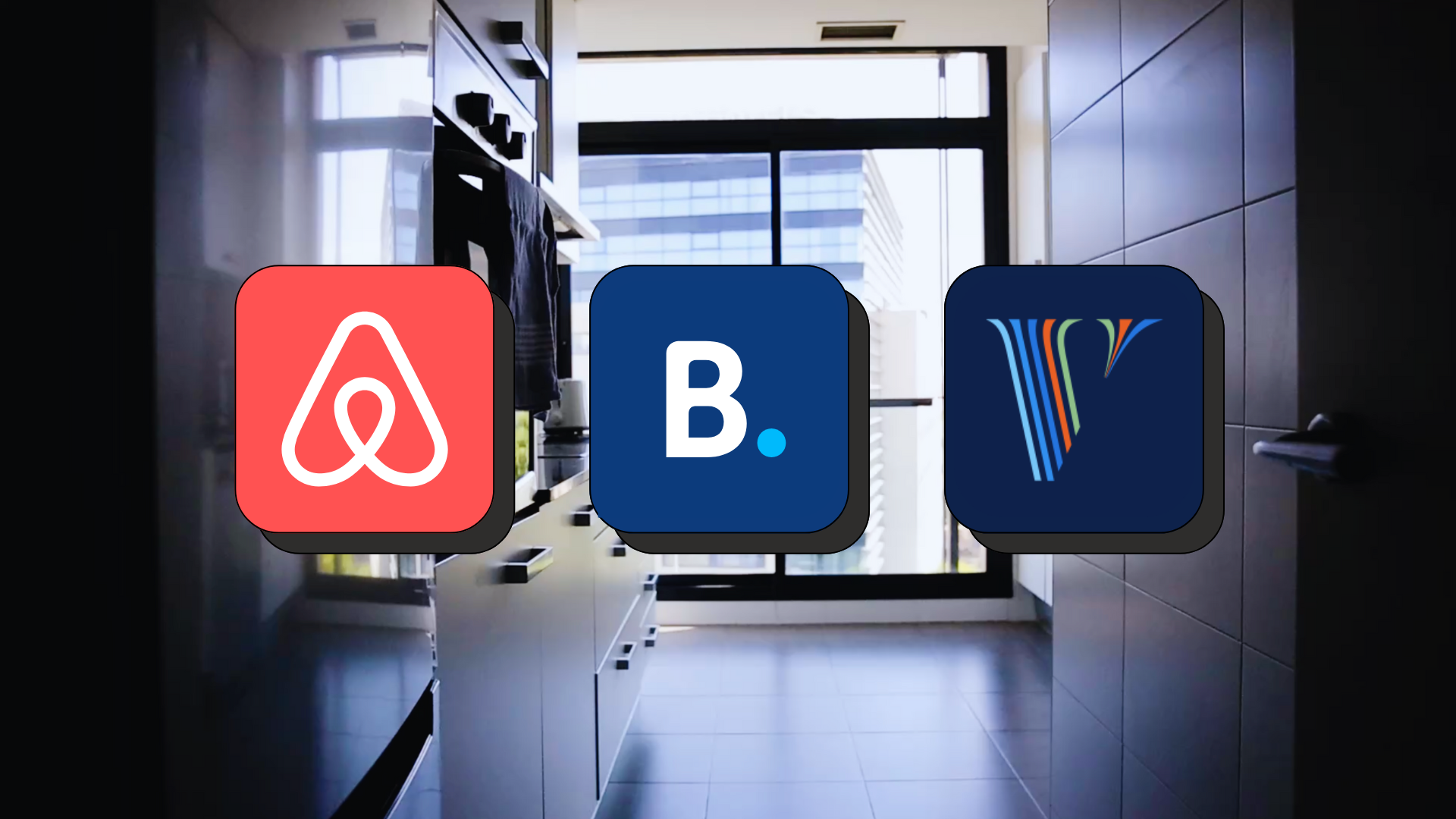From July 1st 2025, platforms such as Airbnb and Booking will be required to report information on each booking, host, and property ID to the Spanish Tax Agency. Here’s what this new responsibility means and how it will impact the sector.
What is the Digital One-Stop Shop?
The Digital One-Stop Shop is a centralised digital platform introduced by the Spanish Government to consolidate all data related to short-term holiday rentals in Spain. It forms part of a new legal framework aimed at promoting greater transparency, regulatory control, and organisation within the sector.
Through this tool, public authorities will be able to validate and cross-reference information from the Unique Rental Register, ensuring all advertised holiday lets comply with current regulations and are properly identified.
Who does this regulation affect?
This regulation has a broad scope. It directly affects individual property owners, professional managers, property management companies, and of course, online booking platforms such as Airbnb, Booking, Vrbo, Holidu, and others.
No one will be permitted to advertise a short-term rental property in Spain unless it has been registered in the official system and assigned a valid Unique Rental ID (NRA).
What role do Airbnb, Booking, and other OTAs play?
The most disruptive aspect of this regulation is that it turns booking platforms into key agents of legal compliance. They will no longer act solely as intermediaries: they will now be required to verify, store, and report key information for every listed property.
This includes the NRA, host or manager details, property ownership, booking dates, and the financial value of each reservation.
The information will be collected and submitted regularly through digital integrations with the Digital One-Stop Shop, positioning these platforms as a first layer of compliance before an advert goes live.
A shift that will define the future of holiday rentals
Although this legislation responds to national needs, it cannot be fully understood without the wider European context. The European Union has already proposed a common framework for the holiday rental sector, with an eye towards 2030. It aims to boost transparency, tax control, and digital regulation across member states.
Spain has decided to take the lead, becoming the first country to pass national legislation of this scope. The aim is twofold: to clamp down on illegal listings and professionalise the sector, building a shared database that enables closer cooperation between platforms and public authorities.
With the implementation of the Unique Rental Register and the Digital One-Stop Shop, the holiday rental market in Spain is entering a new era: more control, more transparency, and greater professional standards.
Platforms like Airbnb and Booking will now be responsible for validating and reporting essential data. Property owners, in turn, must adapt to this new environment if they wish to continue legally marketing their properties.
Now is the time to act. If you haven’t yet applied for your Unique Rental ID, you can check out our step-by-step guide here.
